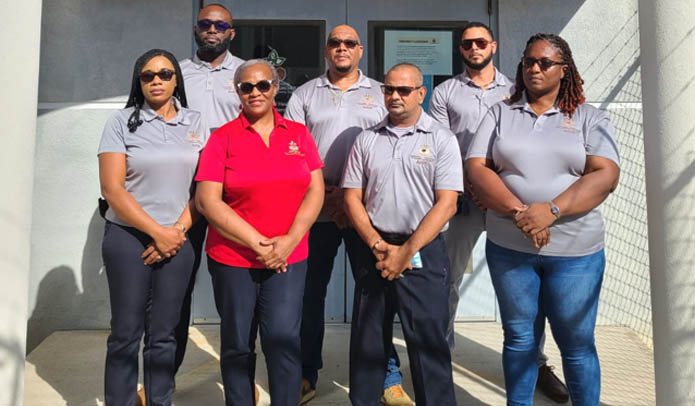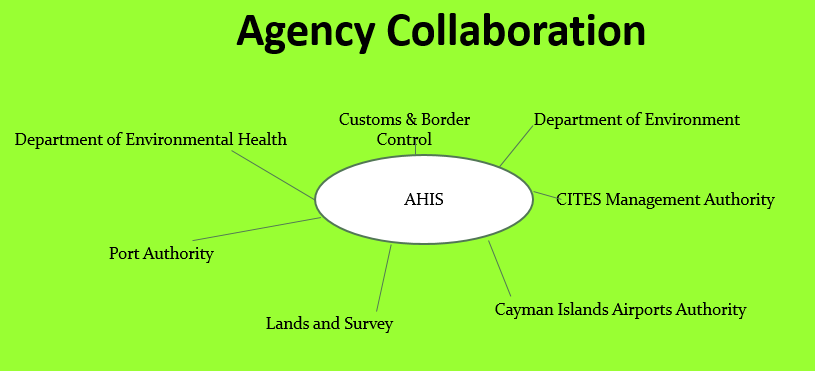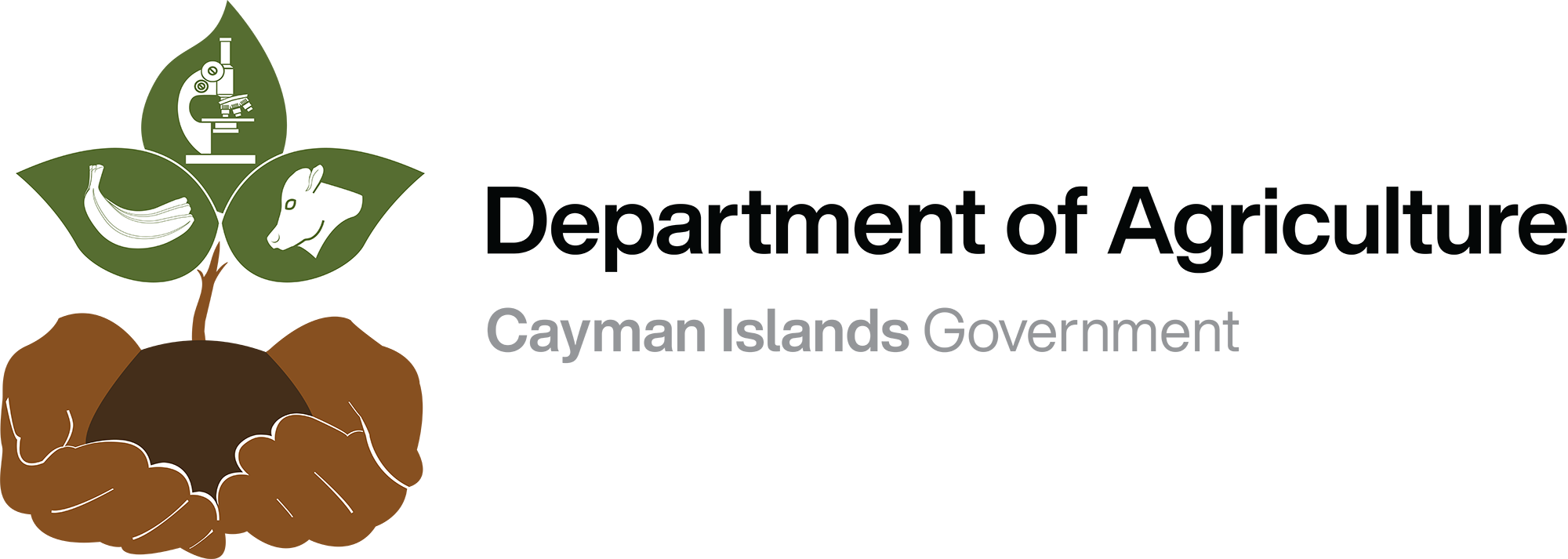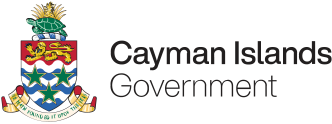Agricultural Health Inspection Services (AHIS) (Plant Protection & Imports)

Protecting the flora and fauna of the Cayman Islands from the introduction and establishment of pests and diseases through a strong National Sanitary and Phytosanitary (SPS) Regime.
Promote the safe use, handling and storage of pesticides and of the regulation of importation and distribution of these products.
Call 1-345-946-2967 or email ciagricultureimports@gov.ky for general or agricultural import inquires.
Email all completed importation forms to ciagricultureimports@gov.ky.
The Department of Agriculture’s Agricultural Health Inspection Services Unit (AHIS) is transitioning to a fully cashless payment system to enhance efficiency and security.
Important Dates:
- Cash Payments: No longer accepted as of December 2024.
- Cheque Payments: Will no longer be accepted starting February 1st, 2025.
- Credit / Debit Card Payments: Will continue to be accepted as a payment option.
Online Payment Options: To facilitate seamless transactions, AHIS now accepts payments through online banking.
Please find the bank details for online payments below:
Bank Name: RBC Royal Bank (Cayman) Limited
Account Name: CIG PLANNING CPI
Account Number: 069751124551
Account Type: Current / Chequing Account
Memo / Reference: Please include – Name of remitting party, Department Name / Fee or Revenue Type being paid for accurate processing.
AHIS Operation:
- Inform clients of the requirements for importation and exportation of agricultural product.
- Issue importation and exportation permits to ensure that imported and exported plants, animals and their products comply with national and international sanitary and phytosanitary requirements in accordance with the relevant Laws and Regulations.
- Conduct Risk Assessments to determine appropriate conditions for importation of plants, and their products in accordance with the National SPS Regulatory Framework and adherence to international standards set by the International Plant Protection Convention (IPPC) to mitigate the risk of introduction of quarantine pests while facilitating efficient and economically essential trade.
- Inspection of imported plants, animals and their products at the ports of entry and importers place of business.
- Inspection of imported aggregate products.
- Screening of incoming passengers and their luggage to detect and intercept illegally imported agricultural items.
Monthly pest monitoring and surveillance activities to detect new pest introductions and determine the distribution of existing pests.

Forms Section
Plant, Hay, Seeds, Christmas Trees Importation Forms
Animal, Meat, Dairy, Eggs, Other Importation Forms
Schedule a Service



